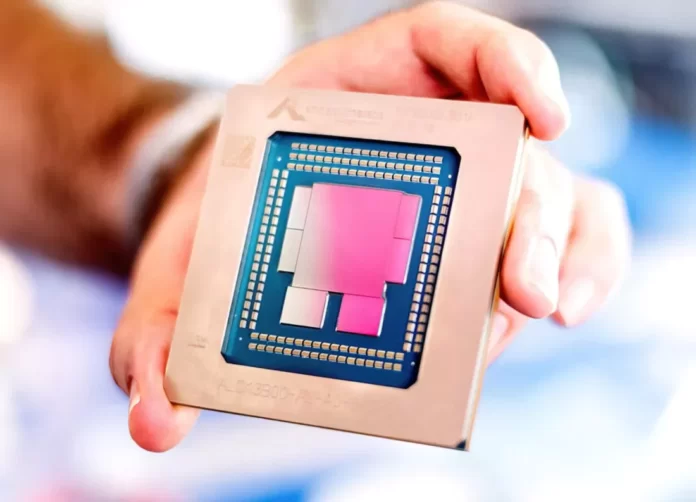For the last two years Amazon has been creating its own energy efficient server processor
Our fundamental premise on corporations rolling their own bespoke chips is that doing so to save a few bucks on chips is at best breakeven. Companies prefer to create their own chips when doing so offers a tactical advantage.
Apple serves as the classic example, tying its CPUs to its own software to effectively differentiate its phones and laptops. Or Google, which is designing specific CPUs for its most demanding applications like video encoding and search engines. A few hundred million dollars spent on chip design is more than offset by billions of dollars saved in capital expenditures and operating costs for Google, or by billions of dollars in additional sales for Apple. It’s crucial to note that in both of those instances, the corporation has total control over the software running on its own chips.
So what is in it for Amazon?
Software control is not something Amazon, and more specifically AWS, can handle. By definition, AWS cannot control the software it runs because it is run by everyone else. They are required to execute practically every type of programme in existence. However, it appears like AWS is making a big effort to get their clients to execute workloads on their Graviton CPUs. Silicon is not one of the many ways that AWS can bind clients. not yet, at least.
Most likely, AWS is not taking this action to reduce the cost of the AMD and Intel x86 CPUs they are purchasing. They have plenty of room for pricing leverage because they only have two providers. Graviton may in some ways act as a buffer against the day when Intel ceases.becoming successful in x86. (An objective we may already have attained.)
Having stated that, we believe power to be a more important factor. Electricity is today’s main barrier to building data centres. Data centres consume a lot of power, so when building new ones, businesses must consider their power budget. Imagine that they could cut their energy use by 20%. By doing so, they would be able to add more equipment while maintaining the same electricity footprint, increasing their profitability. One component of the system using less electricity results in a considerably higher overall return on investment. The savings will then spread throughout all of AWS’ data centres globally, so multiply that advantage by 38.
Naturally, the math is a little more difficult than that. Even if Graviton is 20% more power efficient than an x86 chip for the same performance, as CPUs are only a small component of a system, this does not necessarily convert into 20% more revenue for the data centre. However, the scale is reasonable. A sufficient boost in datacenter capacity can be produced by switching to an Arm CPU that was internally developed to more than cover the cost of designing the device.

Taking this a step further, the expense of preparing their software for a new instruction set is a significant barrier that keeps more businesses from switching to Arm workloads. The labor-intensive nature of software porting has already been mentioned. AWS appears to be doing everything they can to make this process simpler because they have a lot to gain by getting their customers to move. We must consider whether this is a one-way street, though.
Once clients switch to Graviton, the friction is simply shifted. As we previously stated, AWS cannot currently lock customers into using their service by using x86 hardware, but once consumers transition to Graviton, all of that optimization friction shifts to work in AWS’ advantage, establishing a new type of lock in. Admittedly, the current hurdle is not between the various Arm server versions, but rather between Arm and x86. The flexibility to partially customize a chip is one of the benefits of working with Arm, therefore it is very likely that AWS will include proprietary-like capabilities in future releases of Graviton.
We believe Amazon has many other solid reasons to promote the switch to their Graviton CPU, which is based on Arm, but we can’t help but wonder whether this lock-in is not still weighing on their minds. If accurate, it only strengthens the case for switching to Arm servers among the other hyperscalers.


